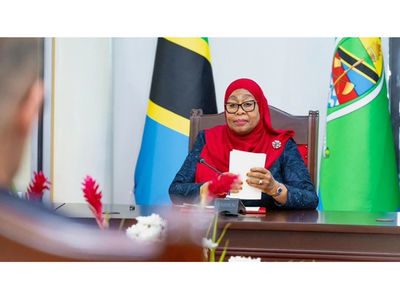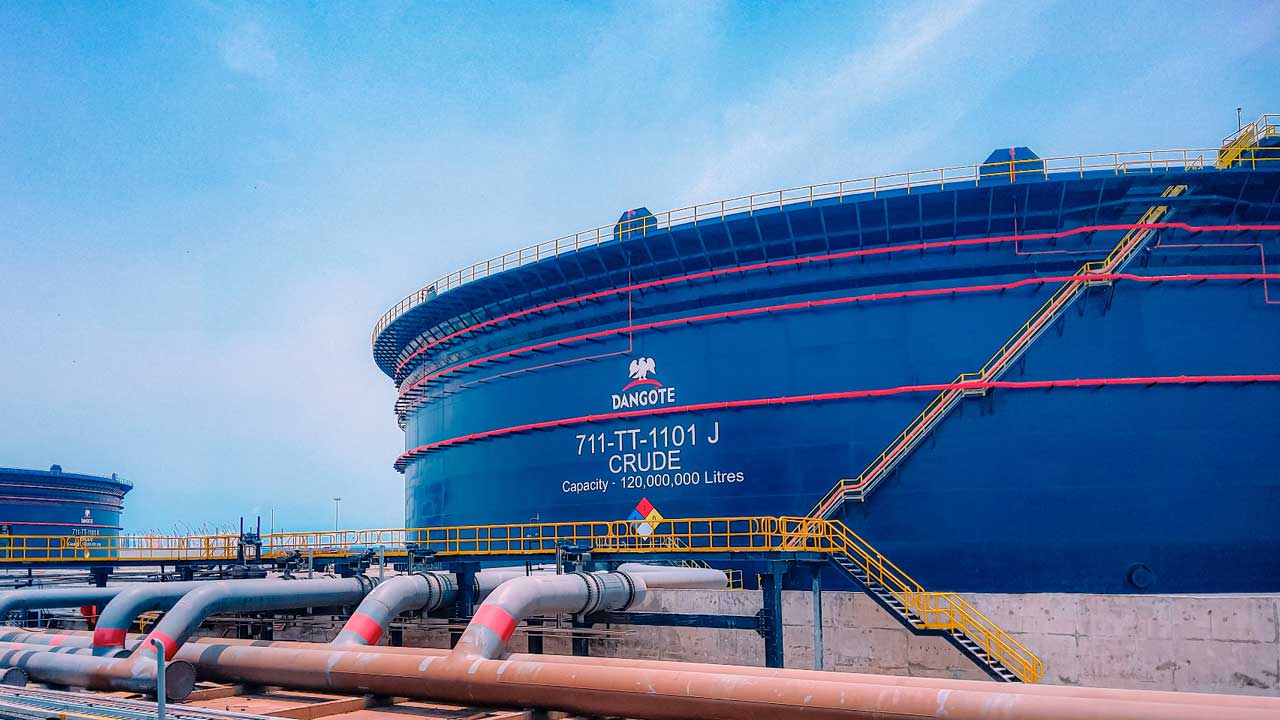The African mining sector is poised for a transformative era driven by technological innovations, sustainability imperatives, and global demand for critical raw materials (CRMs).
As the world transitions towards clean energy, Africa’s vast mineral resources position the continent as a crucial player in the global supply chain. Below, I explore the multifaceted opportunities emerging in African mining, focusing on technological advancements, sustainability practices, and strategic investments.
Companies worldwide are increasingly seeking sustainably sourced minerals to meet growing consumer and regulatory demands for environmentally responsible supply chains.
The integration of cutting-edge technologies is revolutionising mining operations across Africa. Automation, artificial intelligence (AI), and the Internet of Things (IoT) enhance operational efficiency, safety, and productivity.
Companies like Nokia and Sedna Industrial IT Solutions are collaborating to introduce digital twins, edge computing, and autonomous drones in South African mines, showcasing the industry’s commitment to digitalisation.
Over the past decade, Geographic Information Systems (GIS), 3D imaging and modelling, and data analytics have significantly impacted mining operations. Looking ahead, autonomous vehicles and drones, AI, and advanced 3D imaging and modelling (including digital twins) are expected to be the most transformative technologies in the sector in the next ten years.
De Beers’ USD 2 billion investment in the Venetia Underground Mine in South Africa exemplifies this trend. The company aims to create one of the world’s most mechanised and automated mining operations.
Such initiatives improve productivity and significantly enhance worker safety by reducing human exposure to hazardous conditions.
The global push for sustainability has catalysed a shift towards environmentally responsible mining practices in Africa.
Mining companies increasingly adopt eco-friendly technologies and community engagement programs to ensure long-term project sustainability. Integrating renewable energy sources, such as solar and wind power, reduces the mining operations’ carbon footprint while aligning with global sustainability goals.
Virtual twin technology, as offered by Dassault Systèmes’ GEOVIA brand, enables miners to simulate and assess the environmental impact of its operations, supporting more sustainable resource management and minimising ecological disruption.
Africa’s rich deposits of CRMs, crucial for clean energy technologies, present a significant opportunity. Countries like the Democratic Republic of Congo, with its vast cobalt reserves, are pivotal in the global battery supply chain.
Developing Special Economic Zones for battery manufacturing in the DRC and Zambia underscores the continent’s potential in this sector.
The push for supply chain diversification away from China further amplifies Africa’s strategic importance in the CRM market.
This trend drives investments in local mining ecosystems, recycling initiatives, and innovative extraction methods. The urgency of these efforts is underscored by projections indicating a staggering 168.8% supply shortfall for Rare Earth Elements (REEs) by 2030, highlighting the critical need for increased production and efficient resource management.
The transformation of Africa’s mining sector attracts substantial investments and fosters strategic partnerships. Global players like Huawei are deploying advanced technologies, including 5G networks, in African mines to enhance connectivity and operational efficiency.
Despite the promising outlook, the African mining sector faces infrastructure deficits, regulatory uncertainties, and geopolitical risks.
However, these challenges also present opportunities for innovation and growth. Investments in infrastructure development, workforce training, and technology adoption are essential for overcoming these hurdles and realising the sector’s full potential.
The African mining sector is poised for significant growth, driven by technological innovation, sustainability practices, and the global demand for critical raw materials. By embracing these opportunities and addressing challenges through strategic investments and collaborations, Africa can strengthen its position as a worldwide mining powerhouse while contributing to sustainable economic development across the continent.
The post Embracing innovation and sustainability for future growth in the African mining sector appeared first on The Herald ghana.



